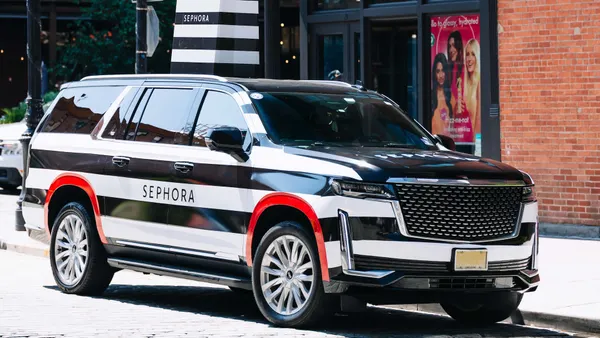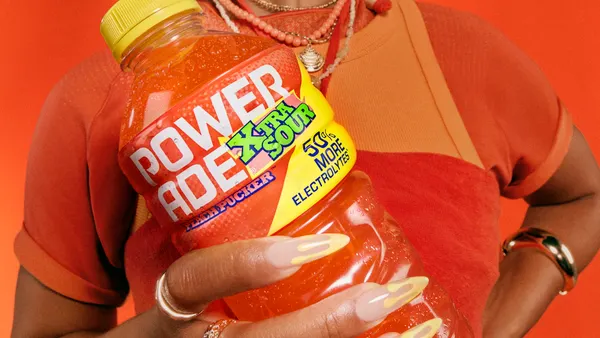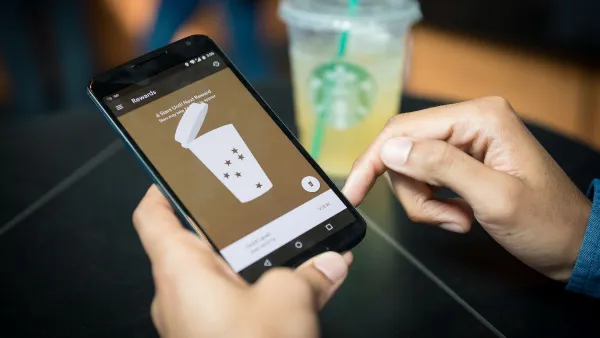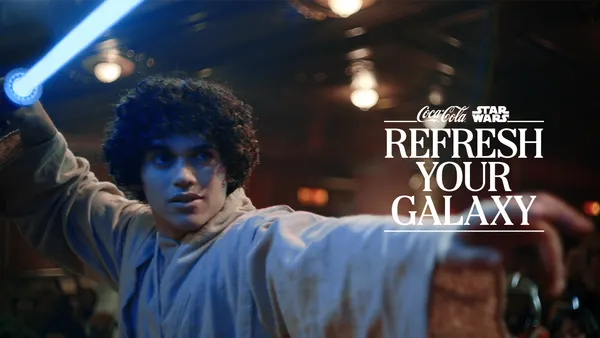Brief:
- Generation Z and millennial consumers tend to follow social influencers who they consider most authentic and relatable, per a survey by market researcher Cassandra. When deciding to follow an influencer, 89% of young consumers said it's important that the influencer seems like a nice person, while 86% want to feel that the influencer "isn't just trying to sell them something," the survey found.
- Eighty-six percent of respondents said they follow influencers who make their day better or improve their mood, while 85% said it's important that influencers they follow try to make the world a better place and are people with whom they'd want to hang out, the survey found.
- Fashion and lifestyle influencers are most associated with purchase behaviors by young consumers. Eighty percent of people who follow these influencers buy beauty and grooming products, followed by fashion and style (74%), meditation and mindfulness (71%), books and literature (68%), interior design (68%) and health and wellness (66%).
Insight:
Cassandra's research on the influencer following activities of Gen Z and millennials indicates that young consumers are looking for people who they can trust to provide good advice. That's an important characteristic amid a social media environment that's flooded with misleading information, fake news and inflammatory content. For brands that are developing an influencer marketing strategy to reach these young and increasingly valuable consumers, it's important to vet those influencers to ensure they'll make good brand ambassadors.
Authenticity has become a more important theme amid growing concerns that influencer marketing is associated with misleading advertising. The Federal Trade Commission (FTC) last month took a key step toward cracking down on marketers that disguise paid advertising as authentic reviews or endorsements from an influencer. The agency voted to seek public comment on whether to update its rules on the use of testimonials in advertising. The concern comes as spending on influencer marketing is forecast to reach $15 billion by 2022 from $8 billion last year, Business Insider Intelligence estimates based on Mediakix data.
While fashion and lifestyle influencers are most associated with consumer purchase activity, Cassandra's data found that influencers in categories such as beauty, interior design and video games also have followers who are more likely to buy products.
Kylie Jenner, Huda Kattan, Zach King and James Charles are among the personalities who have parlayed their massive social media audiences into lucrative endorsement deals with major brands. However, microinfluencers with audiences as small as a few thousand followers are also important to marketers' influencer strategies. Microinfluencers comprise 40% of brands' annual influencer spending versus 28% for celebrity influencers, Rakuten Marketing found in a survey last year.










